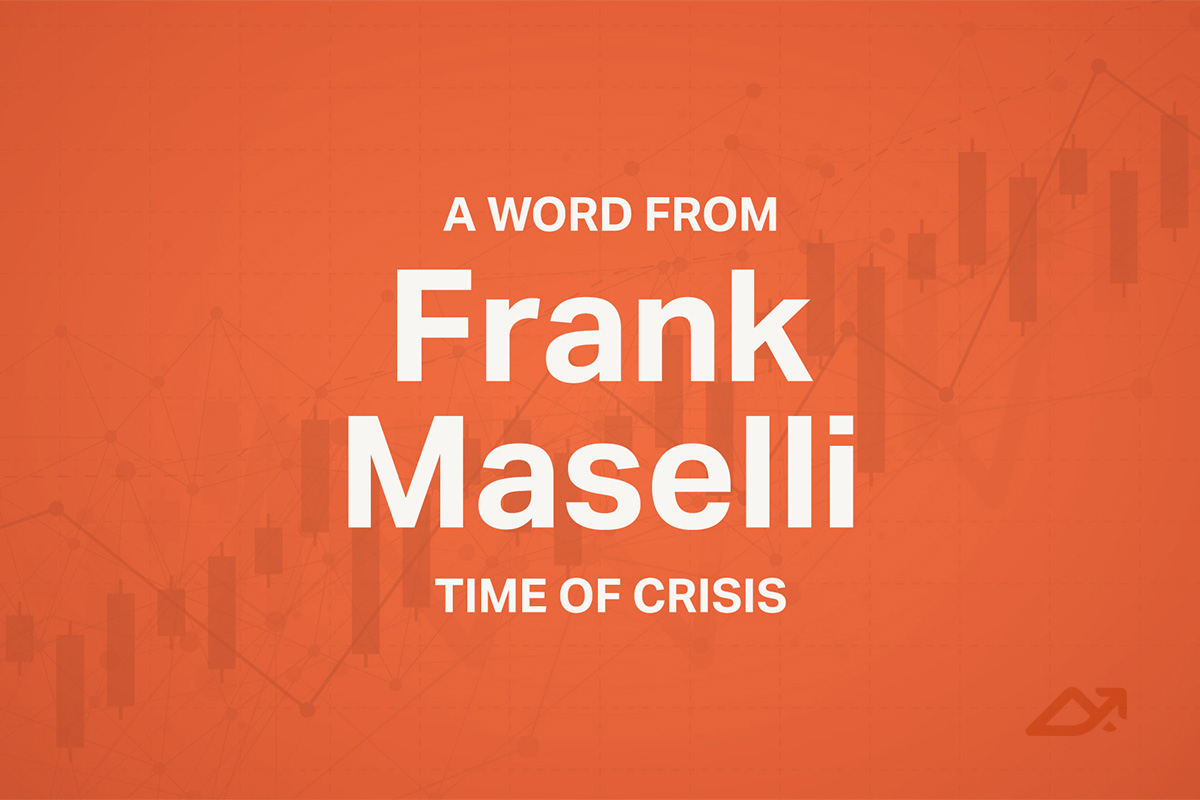BY GREG BOGICH
Last week I had one of those “I’ve got this” moments that lasted… about sixteen minutes.
It started with a drip. Not a full-on leak—just a steady, annoying drip from my kitchen faucet.
I confidently told myself (and, regrettably, my wife), “No need to call a plumber—how hard can it be?” Armed with one quick YouTube tutorial, I rolled up my sleeves, grabbed my toolbox, and got to work.
What followed was a masterclass in overconfidence (because that sounds better than ineptitude).
An hour later, the faucet was disassembled, the kitchen floor was soaked with 15 gallons of water, and my new YouTube search was: “How to shut off the water to your house?”—this time with a lot less confidence and a lot more urgency.
That little project ended with me calling a plumber, mopping up a small lake off the kitchen floor, and insisting to my wife that the first YouTube video was “stupid” and that the creator was “an idiot.” She wasn’t convinced.
The same thing happens in marketing—especially for financial advisors. If I had a dollar for every advisor who’s said, “I’ll just handle marketing myself,” I could start a hedge fund.
To be fair, it does sound like a good idea. You’re smart. You’re resourceful. You built your business from the ground up. So why wouldn’t you be able to figure out a direct mail campaign? How hard can it be?
And maybe you can do it yourself… but should you?
The Thing About “DIY”
DIY might seem cheap, but it usually comes with a significant cost. It may not be dollars—it might be your time, focus, or, most importantly, opportunity cost.
You’re writing copy and trying to learn Meta Business Suite, when you should be meeting with clients and closing new business. Is that really the best use of your time?
DIY Marketing’s Greatest Hits:
- The “One and Done” Campaign
You send one email or run one seminar and expect the leads to pour in like Black Friday. Spoiler: they won't.
You boost a post to anyone who likes “money” or “finance” and get clicks from hundreds of bots and a dozen new high school graduates.
You launch a campaign to a list of contacts you haven’t spoken to in a year or two. It’s the marketing equivalent of texting an ex “hey” and expecting them to say, “I’ve been waiting for this!”
You “borrow” someone else’s content or repurpose a generic email from a competitor. It sounds safe and familiar—and illegal.
You host an event or get a lead, then... crickets. Life gets busy, and the follow-up isn’t timely. And by the time you do reach out, they forgot why they even reached out in the first place.
Why Expertise Matters
Marketing professionals do this every day. They know the platforms, the data, the targeting, and what actually works. They’ve tested landing pages, optimized outreach, and tracked lead quality across hundreds (or even thousands) of campaigns.
More importantly, they help you avoid wasting your time and money on things that don’t work.
You wouldn’t advise your clients to DIY their financial plan using an excel spreadsheet and their gut instincts. So why DIY your growth engine?
Good Marketing Isn’t Just “Running Ads”
It’s a system. A strategy. A repeatable, measurable process that:
- Attracts the right people
- Moves them through a journey
- Creates conversion opportunities
- Nurtures long-term relationships
And let’s be honest—most advisors didn’t become advisors because they’re dying to master click-through rates or subject line A/B tests.
The Hidden Cost of “Figure It Out Later”
The biggest risk of DIY marketing isn’t the money you spend—it’s the money you never make because of:
- The leads that didn’t convert when your form was broken.
- The prospects who ghosted because they didn’t get a follow-up.
- The months when no campaigns ran because you got too busy.
- Your pipeline was quite instead of full
It’s not dramatic. It’s just a slow steady erosion.
Just Because You Can Doesn’t Mean You Should
Could you manage your own marketing? Probably.
You could also cut your own hair, build your own deck, or fix your own leaky faucet. But is that how you want to spend your time—or build your brand? More importantly, is it the best way to spend your time?
If growth is your goal, invest in the systems, support, and expertise that allow you to do what you do best: build relationships, serve your clients, and scale your business. At least that’s this “plumber’s” perspective.




.jpg)
.png)
.png)

.jpg)


.png)

























